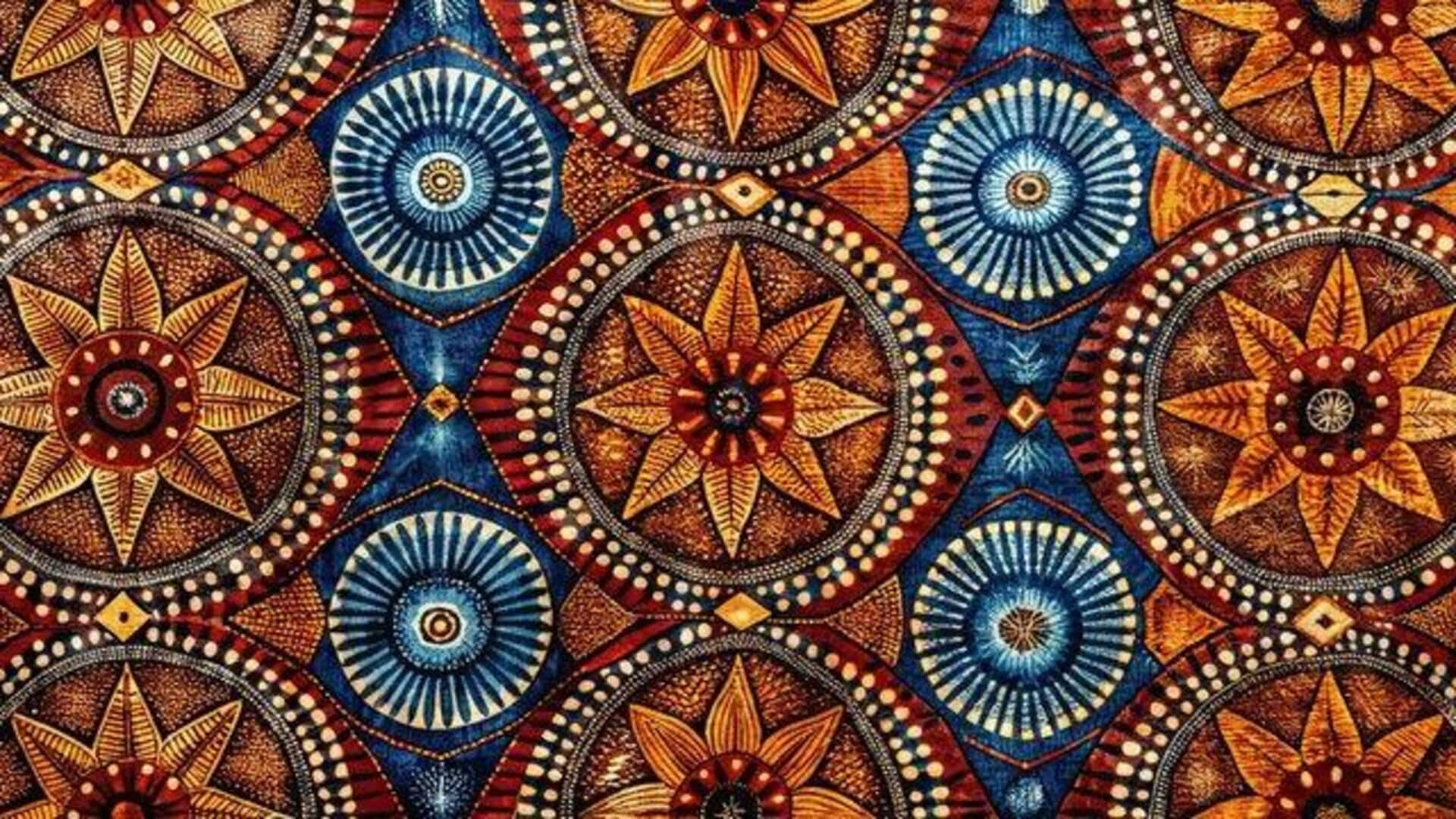
Adire fabric: Cultural significance and patterns
What's the story
Adire cloth, a traditional Nigerian textile, is famous for its unique indigo-dyed patterns. From the Yoruba people, this fabric is made with resist-dyeing techniques to create intricate designs. The process entails tying/stitching sections of the cloth to prevent dye penetration, resulting in beautiful motifs. Adire has been a major cultural symbol, and is still celebrated for its artistic and historical value.
Technique 1
The art of resist dyeing
Resist dyeing is at the heart of producing Adire cloth. The process entails applying wax or tying portions of the cloth before submerging them in indigo dye. The portions protected by wax or tied resist the dye, creating unique patterns once removed. This technique enables artisans to create intricate designs that are stunning to look at and culturally rich.
Tradition 2
Cultural significance in Yoruba society
In Yoruba society, Adire holds deep cultural significance. It is often worn during important ceremonies and events as a symbol of identity and heritage. The patterns on the cloth can convey messages or represent specific meanings related to family lineage or social status. This tradition has been passed down through generations, preserving its importance within the community.
Evolution
Modern adaptations and global influence
The usage of Adire isn't limited to its traditional applications. It has also grown into a global fashion trend. Designers are using these textiles in modern clothing lines, proving their versatility and appeal across cultures. This global touch emphasizes how traditional crafts can evolve while still retaining its essence.
Impact
Economic impact on local communities
The production of Adire plays a key role in supporting local economies in Nigeria. By providing employment to artisans at every stage-from design creation to final product sales at local and international markets, it sustains livelihoods across these communities while promoting cultural heritage preservation efforts globally.